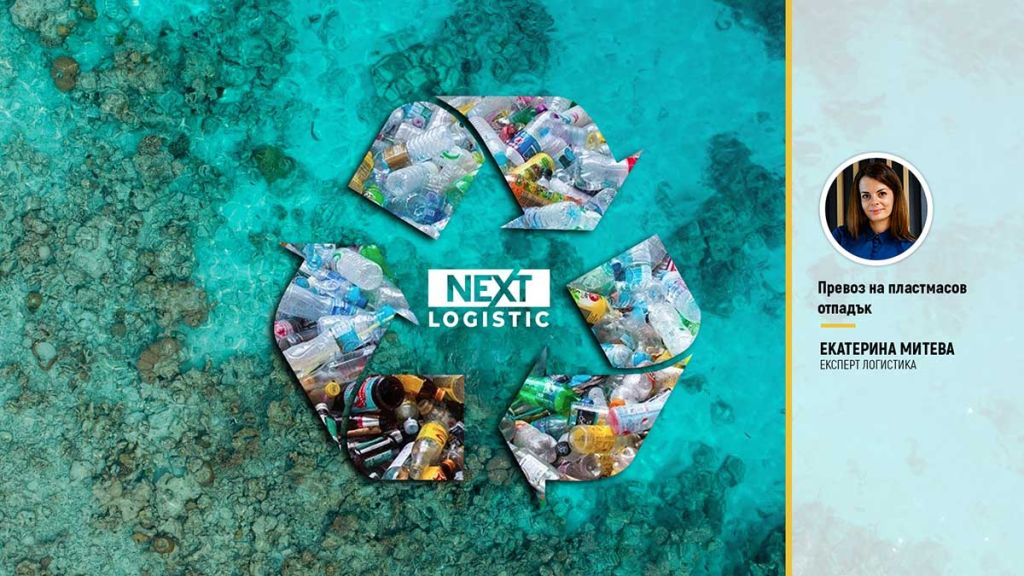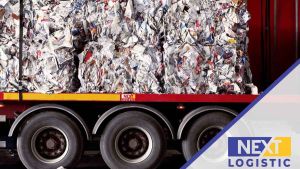Plastic waste transportation
Over the past 20–30 years, the EU has introduced increasingly strict regulations requiring new approaches to waste management, such as diverting significant amounts from landfills and redirecting them for recycling. These changes are undoubtedly necessary, but their implementation requires a completely different waste management infrastructure than the one used so far.
Each EU member state has its own requirements for the transport of waste to and from its territory. When transporting paper and plastic waste to or from Greece, it is necessary to familiarize yourself with all applicable requirements and regulations.
- License and Insurance of every transport company
- Waste transport permit, issued by the Regional Inspectorate of Environment and Water (RIEW), which specifies the types of waste a given transport company is authorized to carry, as well as the tractor units designated for the transport
- ANNEX 7 – issued after the truck is loaded; it includes the route, loading date, importer, producer of the goods, loading address, transport company, tonnage, cargo identification, and the border crossing point. The document must be in original form and accompany the other transport documents
- CMR – the official international waybill
At the border, every document is checked and strict attention is paid to the correct completion of each copy. Problems may arise if the tonnage indicated in the CMR and ANNEX 7 does not match; if a copy of ANNEX 7 is presented instead of the original; or if ANNEX 7 is missing – in which case crossing the border is strictly prohibited.
Another type of issue that can occur is improper distribution of cargo in the trailer. The goods are transported in big bags, and if empty space is left in the trailer, it is very likely that the first axle of the trailer will be overloaded. In most cases, the total weight of the composition does not exceed the legal maximum of 40 tons, but at the Bulgarian border problems often arise regarding the permitted maximum for the first axle, which may not exceed 5 tons of load for the first three meters of the trailer.
The European Union (EU) has a system for monitoring and controlling waste shipments within its borders and in the countries of the European Free Trade Association (EFTA), the Organisation for Economic Co-operation and Development (OECD), as well as non-EU countries that are parties to the Basel Convention.
An increasing amount of waste is being transported across EU borders, both between member states and to and from countries outside the Union. The growth in cross-border waste trade in recent years has been remarkable.
In 2017, 65% of plastic packaging in Bulgaria was recycled, which automatically placed the country in second place in the European Union for this indicator, according to the European Commission.
Share
Contact us
Fill out the form to request transportation services.
We will contact you as soon as possible.






